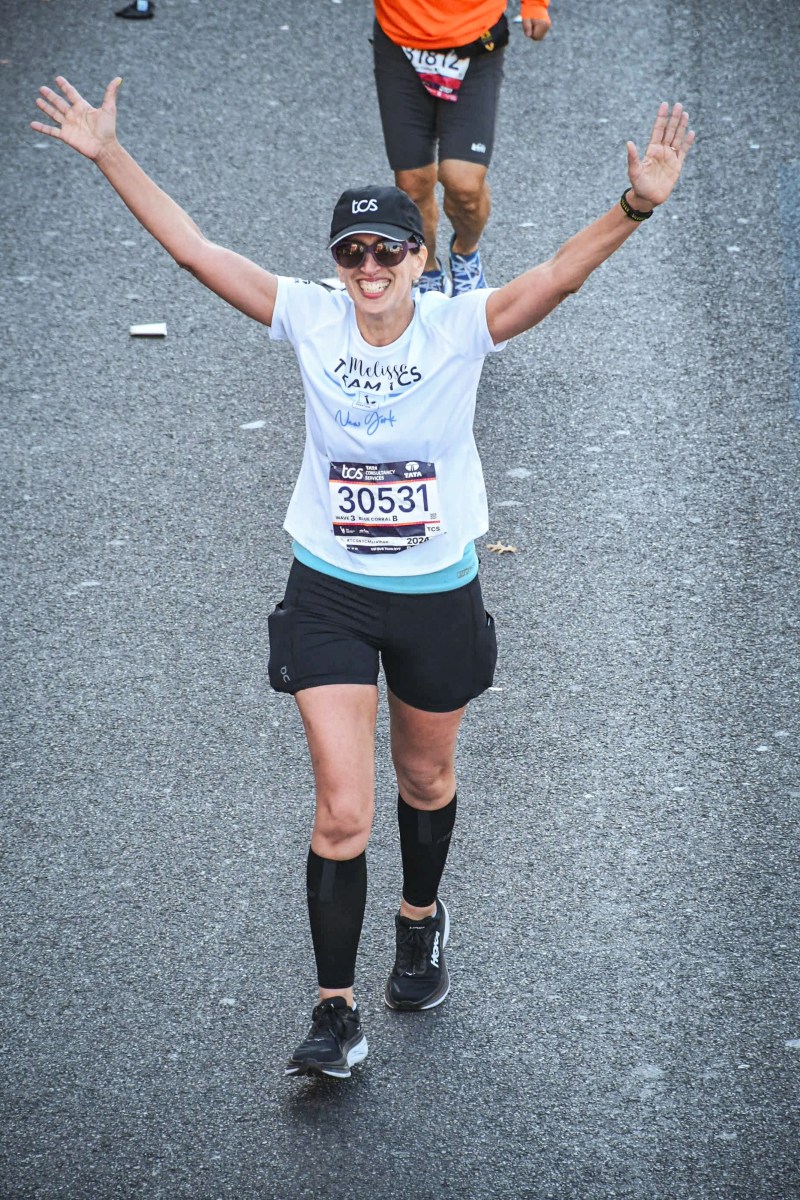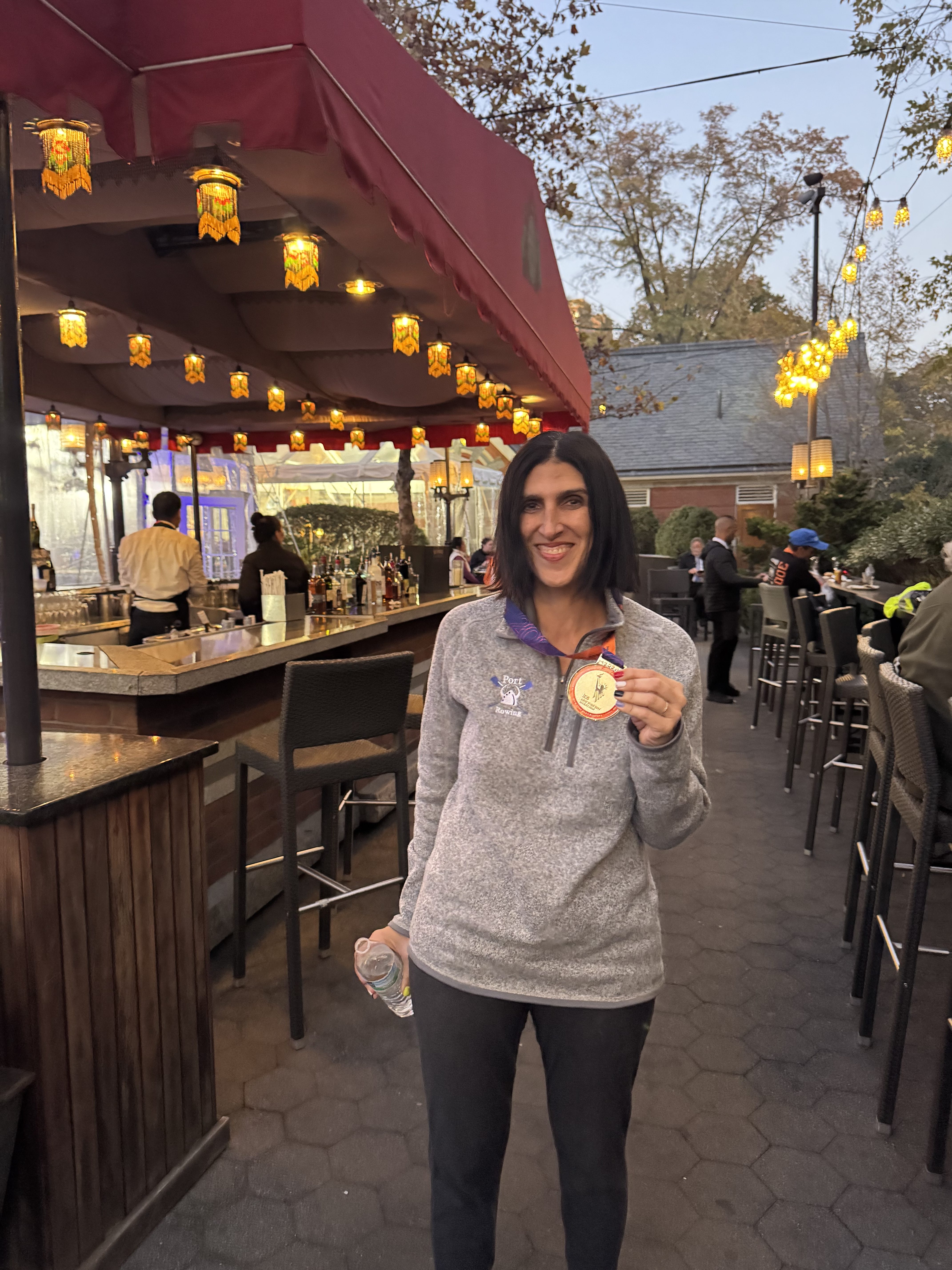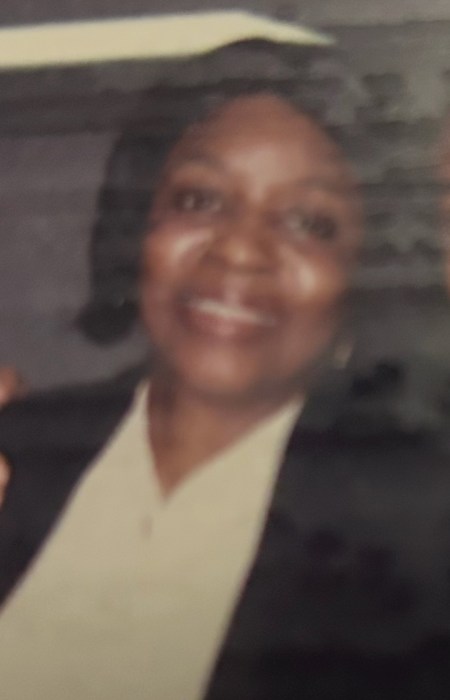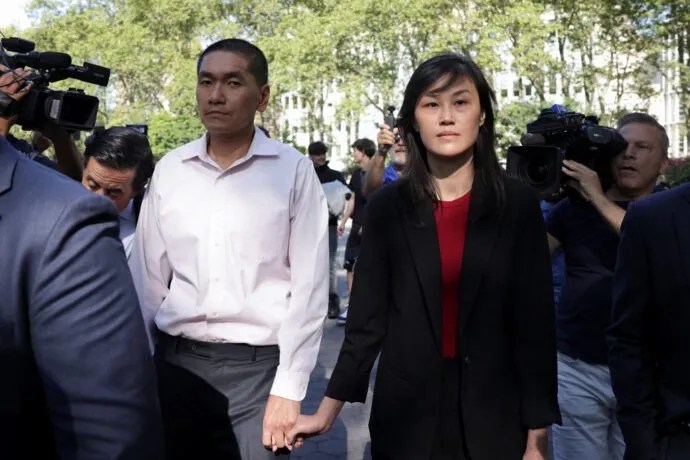For every mile that Manhasset speech-language pathologist Melissa Slobin ran in the New York City Marathon, Slobin had one thing on her mind as she endured her hardest marathon amid an injury: her students.
“My students push through very hard things every day,” said Slobin, who primarily works with special education students at the Manhasset Secondary School. “This is really nothing compared to what they overcome or their obstacles.”
Slobin was selected as just one of 50 global educators to be part of the TCS Team Teachers, a feat she accomplished despite competing against more than 1,000 applicants. TCS, or Tata Consultancy Services, is the main sponsor of the marathon.
Being selected came as a surprise to Slobin, but she said it was an honor to be selected as a part of the cohort.
At the center of her honor were her students.
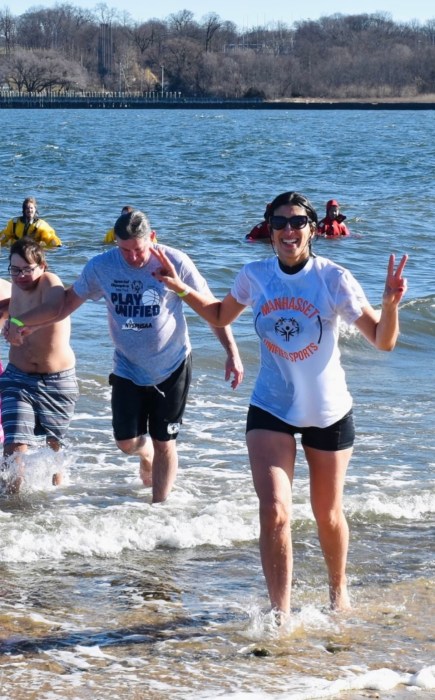
Slobin said she not only found motivation through her students but was also motivated by a desire to inspire them as well.
“I felt honored to try to inspire my students that accomplishing a goal that may seem unattainable or difficult is possible to do,” Slobin said.
Slobin applied to be part of the team by answering a series of prompts about her motivations for running, how she inspires her students and how running made her a stronger teacher.
“Seeing the opportunity to write about my students sparked my interest in applying,” Slobin said.
She wrote about an experience where one of her students, who was fearful of fire drills, attempted to run away during a drill. Slobin, who was training for her first marathon at the time, sprinted after her student and was able to intervene before the student was endangered.
“I never ran so fast in my life,” Slobin said. “My heart still pounds out of my chest when I think of this example.”
Slobin described running as a moving meditation and a source of calmness amid her busy life.
“I run because it’s the greatest stress reliever for me,” Slobin said.
But due to her injury, her latest marathon race was not exactly so.
“If it wasn’t for my students and trying to model for them that you can push yourself to be the best version of yourself and do hard things, I probably would have pulled out,” Slobin said.
Slobin described the race as grueling due to her injury and the run-walk interval method, which she said was difficult to go back and forth between.
Despite the injury, Slobin was able to finish the marathon via a run-walk method, albeit, she joked, a personal worst for her.
“But I owned it,” Slobin said.
Slobin said her biggest takeaway from this experience was the importance of pushing one’s self out of their comfort zone to foster personal growth.
“I made up in my mind that even if I was going to crawl across the finish line, I was going to get it done, even if it was dark out, in order to set an example for my students that you should never give up and to push yourself to do hard things,” Slobin said.




